One of our customers has been encouraging his customers to write reviews. We had the idea to link his local review sites from his home page and it worked well. He has 11 great reviews on Yelp, 13 on Google Places, and a bunch on the other search sites. Although many of his reviews are from friends and family, these are all legitimate customers. I was very shocked to see that all of his Yelp reviews became filtered the other day.
Most reviews are filtered because the user account is not active enough. If you sign up for an account and post a review, and never return to post reviews on other businesses then you review will likely be filtered. We don’t think that is the issue here, as many of the users who have filtered reviews on Tommy’s page, have non-filtered reviews on other pages. This seemingly happened over night, which had us looking through Yelp’s terms and conditions for a reason why.
1. You were caught asking for reviews which was against Yelp’s policy.
Read this snippet from the Yelp faq page.
Should I ask customers to write reviews for my business?
Probably not. It’s a slippery slope between the customer who is so delighted by her experience that she takes it upon herself to write a glowing review and the customer who is “encouraged” to write a favorable review in exchange for a special discount. And let’s be candid: most business owners are only going to solicit reviews from their happy customers, not the unhappy ones. Over time, these self-selected reviews create intrinsic bias in the business listing — a bias that savvy consumers can smell from a mile away. Don’t be surprised, then, if your solicited reviews get filtered by Yelp’s automated review filter.
As you can see from the image above, we are asking customers to write reviews, although we could modify it just to ask customers to read them. I can only imagine that Yelp would be thrilled to see their business profile linked from the home page. Another possibility is that a competitor marked all of the reviews as abusive. I would think that Yelp would be smart enough to prevent that from happening.
2. The incoming traffic to your Yelp page is coming from one website
Yelp may track the referral source of your reviewers. So if they noticed that all of your reviewers landed on your Yelp page by clicking a link on your website, or Facebook, or other page that sends up a red flag. An Yelp page where reviews were generated naturally would probably have most people find the page by searching for the Business on Yelp.
3. You are too perfect. All 5 star reviews
There could just be too much perfect feedback. It seems fishy when 100% of your feedback has 5 stars. You could encourage people to post a couple of 3 and 4 star reviews so that your rating seems more natural.
4. A link to your Yelp page link was “nofollow”.
Thanks to Larry from BlueHorseradish.com for finding this in the Yelp API
Don’t “nofollow” your links to Yelp. Any link back to Yelp or Yelp mobile should be follow-able.
We have contacted Yelp about this issue but their customer support continually responded with default “this is why we filter reviews” responses. They would not tell us anything else.

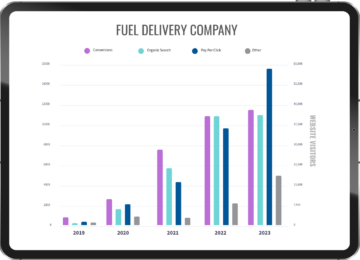
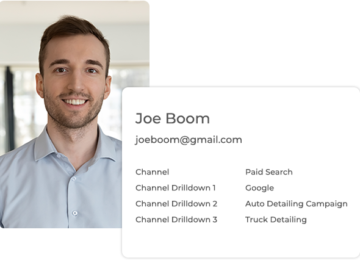
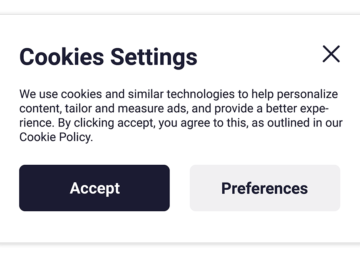

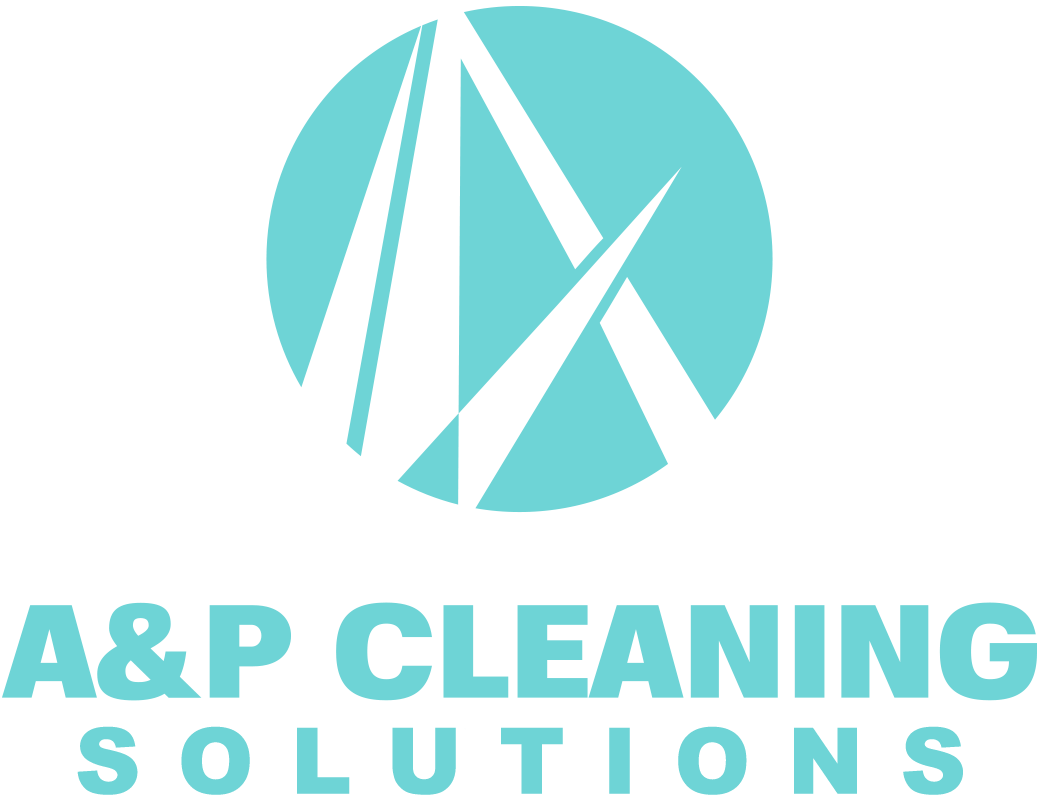


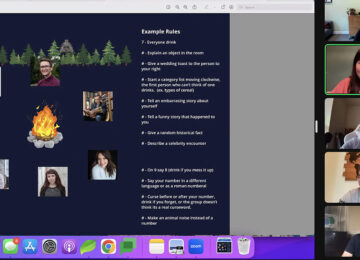
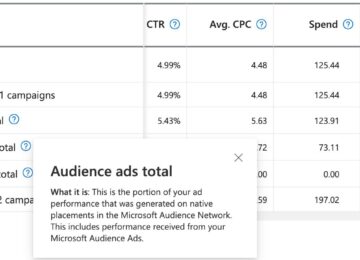
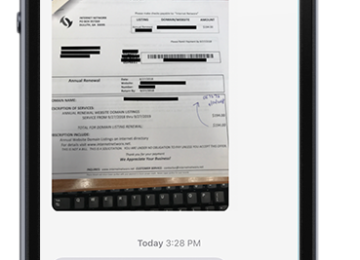
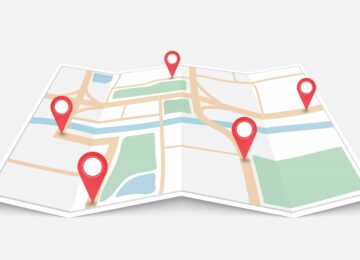
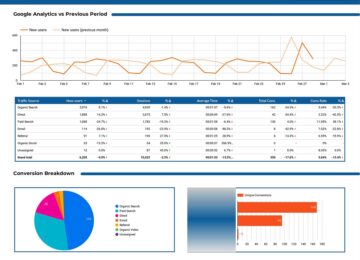

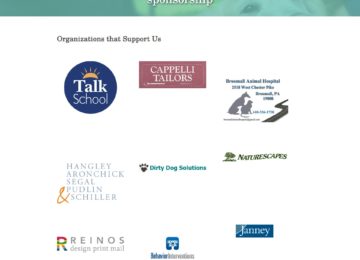

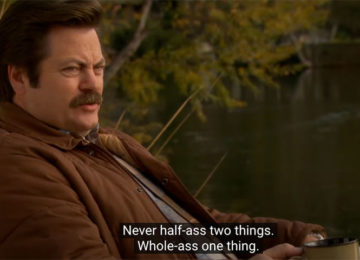
While I agree with you that the system is a little flawed, and that what they filtered out from Tommy’s page is made up of legitimate reviews, unfortunately they look at it from a much broader viewpoint. The fact is all of his reviews are from Yelp users who haven’t posted many reviews, and that there have not been many recent posts is probably what their focusing in on.
When you say that it’s easy to distinguish a review from a friend or employee is easy, but then also say that distinguishing real reviews from fake ones is almost impossible… that’s almost contradictory in the eyes of Yelp’s philosophy. They founded the site to try and keep reviews that are organically posted by customers at the forefront of what users see. You said it yourself that you encouraged friends and family to post reviews, which is something they don’t recommend. Just because they are real people, and not robots, does not necessarily make them organically offered.
Maybe there are some more creative ways you could encourage more customers that aren’t family and friends to post reviews. Interested to hear about how your request goes with them, but don’t ever forget: their game, their rules. Especially for a free service.
Thanks for commenting Alex. You made some good points.
My real beef is if they are filtering the reviews because his Yelp profile is linked from his home page. I never realized that Yelp prohibited businesses from asking their customers for a review. You are right that their goal should be to only list organic reviews, but I don’t see anything wrong with linking the profile just to say “Read our reviews”, and not mention anything about writing them.
The most effective way is to physically ask your customers, which is impossible to police. Another way is to “season” some Yelp accounts and post with those. Both of those techniques are cheating the system with no way to get caught by the filter. Tommy is being penalized because he is making his Yelp page easy to find? I am hoping we just change it to “check out our reviews” and not mention anything about writing them.
I should clarify, it is impossible for a computer to distinguish between real and fake review. I find it easy as a human to figure out which ones are real. Which is my point that they should leave them there and let humans do the filtering.
“Their Game, Their rules, especially for a free service.” I know what you mean, but they are not listing his information out of charity. They could never survive without an unbaised directory of mostly free listings and they have plenty of ad space that makes Tommy’s free listing profitable for them.
“Their Game, Their rules, especially for a free service.” <<< I agree, sort of.
I think they should provide clear information about what the rules are. Getting penalized for a violation when the rules aren't provided is a bad deal.
I read this article with interest since my page on Yelp just went from five star to 0 since all the reviews on the site were filtered. According to Yelp, filtered reviews do not impact the star rating but if iI have no other reviews then I have no stars. Reading the web pages of other similar martial arts schools, I saw some reviews that appeared genuine were filtered, while others that seemed more promotional were not. One person even had a filtered and a non filtered review. That made me wonder one thing, does this filtering work? I mean, yes maybe some people are avid review posters, and some are not. Are people who post more frequently or have plusher profiles actually more reliable? I mean, does Yelp really care about those of us who need a Doctor, the company really wants to protect us from fake reviews? I have been a victim of a fake review for a restaurant, and I realize now I need to look for the “ring of truth” from a review, such as a reason the place is so wonderful. Maybe Yelp wants to maintain it’s reputation fobeing a trustworthy source of information, but, I still wonder if this filtering process is actually working? Where is cuffthe proof that new Yelpers reviews are not as trustworthy? Maybe some people don’t have that personality type or don’t own a computer or whatever? Maybe we’ll end up with only a small segment of the population “qualified” to write a review. Definitely, it would be great not to have fake reviews. I think flagging those reviews as suspicious is a great idea. My reviews were written by my genuine students and it is not any false advertising. If anything is being questioned, then those reviewers who post false reviews should be banned from posting. If reviews are going to this purgatory, then Yelp is still not sure. If Yelp is not sure, then these reviews still could be legitimate. I think there must be some other motivation here. I hear they could be forcing people to pay for advertising, perhaps it’s just that but anyhow, it’s annoying.
Hi Heather, thanks for your comment. Our latest theory is that if you have too many 5 star ratings they find that suspicious and filter all of them. Now we are trying to get people to write some 3 star reviews to see what happens. Definitely feeling your frustration with the filter.
their game, their rules. Yes, but it’s my business. And the money I put into my business is not a game. If they want to enforce their rules, I ought to have an option to opt out and block my business from being part of their “game”.
The type of review that a business gets depends on the product or service they supply. I sell printer cartridges,
and the primary thing a customer likes is the price. The cartridges are suppose to work (print), and if they
print there is nothing to rave about. So I won’t normally get reviews for something that is expected. When I have
repeat customers who buy, year after year, I know they are satisfied. The customer who wasn’t satisfied isn’t
a customer. I have had no bad reviews, I have very few disatisfied customer, who chose to write a bad review.
If a customer found a lower price for the product, he is not dissatified with me, he is happy with his new found
verndor. The customer will not go to the trouble to write a bad review for me and a good review for his new
vendor.
I think the Yelp filtering algorithim has no adjustment for type of product or service. If Yelp wants some bad
reviews along with my good reviews, they are going to have write the reviews. Their review may be that I
didn’t sign up for paid ads, and that’s true.